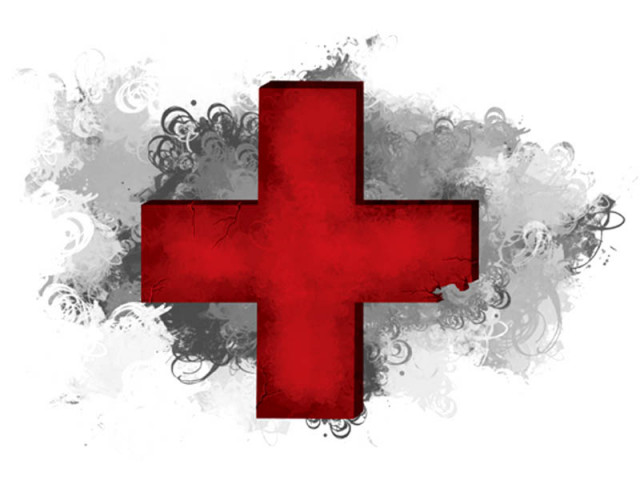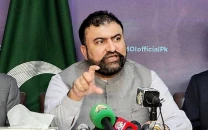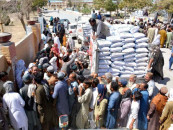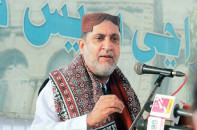Patients in misery: Doctors’ strike paralyses Quetta hospitals
Patients go untreated as medical practitioners vow to continue strike till demands are met.

All major hospitals in Quetta were closed, once again, in condemnation of the recent wave of target killings and kidnapping for ransom. Out-Patient Departments (OPD) of Helper’s Eye Hospital, Bolan Medical College Teaching Hospital, Fatima Jinnah TB Sanatorium and Provincial Sandeman Hospital remained deserted.
The decision to continue the strike was taken by the doctors at a general body meeting of PMA Balochistan chapter on Thursday night at Sandeman hospital with its President Dr Sultan Tareen in the chair.
The meeting reviewed the situation following the release of senior psychiatrist Dr Ghulam Rasool on August 17 following a ransom payment of Rs50 million. Dr Rasool had been abducted earlier by unknown persons on August 1.
The doctors have prepared a four-point charter of demands for the provincial government and announced that the strike will continue till their demands are met.
The four points of the charter are: arresting the abductors of Dr Ghulam Rasool and Dr Din Muhammad Baloch, provision of security to doctors both inside hospitals as well as outside, recovery of ransom amount from the government and ensuring a crackdown on all elements involved in target killing of doctors in the province.
The meeting announced that doctors would continue serving patients in emergency wards as well as continue their private practice at non-government clinics.
The strike call has raised numerous questions about whether doctors are neglecting their Hippocratic oath by refusing to treat the majority of poor patients who travel great distances from all over Balochistan for quality medical treatment at Quetta hospitals.
The recent strike call follows two earlier strikes by doctors that lasted for 24 hours. With many patients going untreated, the refusal of doctors to provide services in government hospitals, where health care is relatively affordable, while continuing their private “business” has drawn the ire of local residents across the provincial capital.
Published in The Express Tribune, August 25th, 2012.



















COMMENTS
Comments are moderated and generally will be posted if they are on-topic and not abusive.
For more information, please see our Comments FAQ